
The vast majority of pupils in the State still attend denominational schools, with Catholic schools accounting for more than 90 per cent of enrolments at primary level, new figures show. Preliminary data for the 2017/2018 academic year released by the Department of Education show total enrolments in mainstream primary schools stood at 555,241, up by just over 5,000, or 1 per cent, over the previous year.
Almost half of this increase at primary level, 2,448 pupils, was in enrolments to multi-denominational schools, which represented an increase of 9 percent on what remains a relatively small proportion of the overall total. On the other hand, denominational primary schools increased by 2,593 pupils, representing a 0.5 per cent rise.
At second level, total enrolments stood at 357,442, an increase of nearly 5,200 or 1.5 per cent, compared to the previous academic year. Similarly, almost half of the increase, 2,486 pupils, was in multi-denominational schools, whereas denominational secondary schools saw their numbers rise by 2,699, while secondary gaelscoileanna grew by 600 pupils.
When broken down by ethos, Catholic schools dominate at second level with 52 per cent . They are followed by interdenominational schools (40 per cent), which are defined by the Department as being under the patronage or trusteeship of more than one religious faith. The remainder of second-level pupils attended multi-denominational schools (4 per cent), which are defined by the department as those that do not provide faith formation, such as Educate Together, and Church of Ireland schools (3 per cent).

Rome’s ancient Colosseum was lit up in red on Saturday in solidarity with persecuted Christians worldwide. Hundreds gathered on a rainy night outside the Roman amphitheatre that is a symbol of the martyrdom of early Christians to hear the husband and daughter of Asia Bibi speak, a woman condemned to death under Pakistan’s blasphemy laws. The Catholic woman has been living on death row in Pakistan since 2010, when she was condemned for allegedly making derogatory remarks about Islam after neighbours objected to her drinking water from their glass because she was not Muslim.
European Parliament president Antonio Tajani, who has been tipped as a possible Italian prime minister after next week’s election, said that persecution of Christians was “a genocide”. “A message must be sent from this place. It is the duty of Europe to defend these values [of religious liberty] wherever on earth they are trampled on,” said Mr Tajani. Rebecca Bitrus, a Nigerian Christian woman who was held for two years after she was abducted by Boko Haram Islamist militants, told of how she was repeatedly beaten and raped. During the event, organised by Catholic group Aid to the Church in Need, there were live link-ups with Aleppo, Syria and Mosul, Iraq, both of whose minority Christian populations have been hit hard by wars.

A Northern Ireland-born Labour MP will introduce a private member’s Bill to the House of Commons at the end of March to redefine marriage in the North of Ireland. While such matters would usually be the prerogative of the Northern Ireland Assembly, with the collapse of talks to restore the Stormont devolved institutions, authority for deciding the matter returns to parliament in London. Northern Ireland Secretary Karen Bradley has previously said Conservative MPs would be given a free vote on the issue so there is no guarantee that the DUP could enjoin the Government to veto the measure.
South Armagh-born Labour MP Conor McGinn said: “My preference is for a fully functioning Executive and Assembly to deal with this issue, but LGBT couples in Northern Ireland should not be made to wait a moment longer for their basic rights. That is why I am introducing this Bill at the earliest available opportunity. It will test the mood of the House of Commons, and I am very confident that we will win any vote. It is then for the government to legislate. If my constituents in St Helens can marry the person they love, just like people in London, Edinburgh, Cardiff and Dublin, then I don’t see why couples in Belfast should not be able to do the same.”

All of the publicans in one rural town are going keep their doors shut and remain closed for business this coming Good Friday. Six pubs in Newmarket, County Cork, came together and decided they would not open their doors in spite of the State lifting the 91-year-old ban on serving alcohol on Good Friday.
John Scanlon of Scanlon’s bar, Church Street, who first proposed the move in an initial chat with a colleague, said: “We have only two days off each year, Christmas Day and Good Friday, and we want to hold on to that. It is a day publicans want to spend with their families.”
“It would be different for city publicans who would be giving up a lot of revenues by staying shut on a Friday night, but I don’t think there would be a lot around here on Good Friday,” he said.
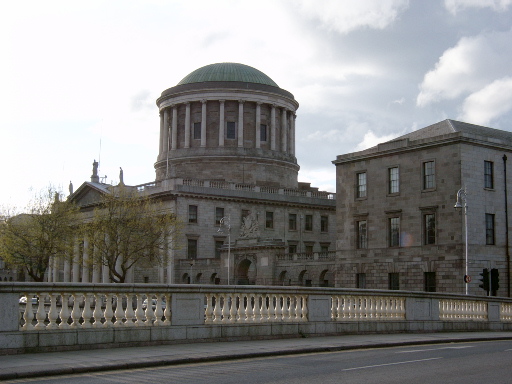
Barrister Maurice Collins has said the ‘extreme’ nature of the State’s arguments in its Appeal against the recognition of unborn rights was ‘arresting’ and the refusal to recognise the “unborn” as an “unborn child” was ‘striking and startling’. He was addressing the Supreme Court in its second day of hearings of an appeal by the State to deny all Constitutional rights of the unborn child, apart from life, right up to the moment of birth. The Government want to remove the Constitutional right to life in the planned referendum.
Mr Colliins said the State was submitting that outside the right to life protected in the Eighth Amendment, the unborn child was a “constitutional nullity” and that if that amendment was repealed, the unborn had no rights at all. Mr Collins said the State was making this argument regardless of the stage of development, whether it was just after conception or just before delivery.
Mr Collins suggested the State’s “absolutist” position was not compatible with the Supreme Court’s previous decision in a case relating to frozen embryos which found that they were not entitled to the status “unborn” and hence, not due the protection of the Eighth Amendment, but they were nevertheless entitled to a measure of constitutional recognition and respect as a “form of human life”. Mr Collins said the State was suggesting that when the people voted for the Eighth Amendment they were unwittingly restricting the rights of the unborn, removing all but the right to life, and excluding them from the protection of any other constitutional provision.
The Supreme Court agreed to hear this appeal, under pressure from the Government, in the light of the planned referendum on repealing the Eighth Amendment.
In his submissions, Mr Collins said the right to life was already implicitly protected by the Constitution, as an unenumerated right, referred to in various statements of the Supreme Court, before the enactment of the Eighth Amendment. That meant, he said, the unborn had a “legal personality” capable of asserting constitutional rights, which could not have been taken away by the Eighth Amendment.
He said those who voted for the Eighth Amendment did not intend to prevent the unborn from claiming other constitutional rights that it was already entitled to. He said the principle right he was relying on was the right of the unborn child to the care and company of its father who, in this particular case, was facing deportation to Nigeria. On the other hand, he said the State was claiming that, minus the Eighth Amendment, the foetus was a constitutional “non-person” from conception all the way to birth.
Lawyers for the State were pressed by the court about whether or not there was a right to life for the unborn in the Constitution before the Eighth Amendment but counsel for the State refused to say. Justice Liam McKechnie said it seemed almost remarkable that the Minister for Justice steadfastly refused to give his position on this matter.

The proposed law to allow for widespread abortion in the State for the first time would affect maternity services and prolong waiting lists for gynaecological surgery, according to senior obstetricians and health officials speaking to the Oireachtas health committee yesterday.
Contrary to the widespread assumption that the new law would predominantly involve merely GPs prescribing abortion pills to women in the very early weeks of pregnancy, Dr Peter McKenna, clinical director of the HSE’s Women and Infant’s programme, said around 40pc of terminations would need to be done surgically rather than using an abortion pill and, he said, this will have resource implications. Dr Peter Boylan, chairman of the Institute of Obstetricians and Gynaecologists, added that waiting lists for women in need of surgery for benign gynaecology procedures are already far too long. “Benign gynaecology gets no mention in the national maternity strategy and this is a serious deficiency which needs to be addressed,” he said. The lack of medical staff in maternity services was also a cause of “serious concern”, he added.
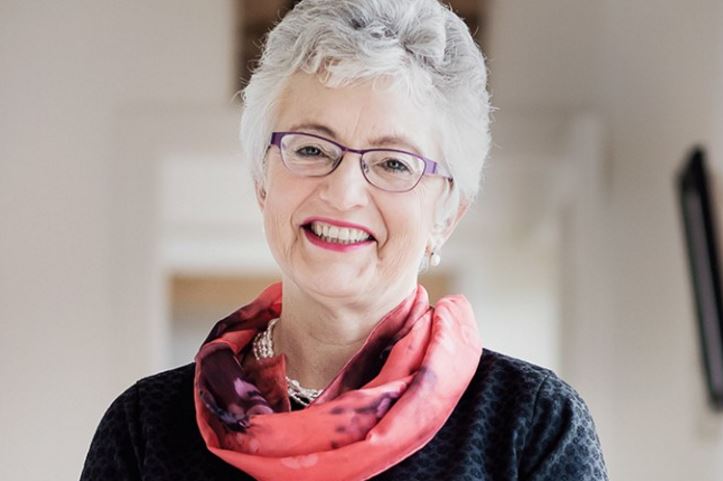
The Minister for Children, Katherine Zappone, has called for ‘LGBTI+ history’ and ‘better sex education’ to be introduced into the school curriculum to combat ‘homophobia, transphobia and other bullying’ as part of the Government’s LGBTI+ National Youth Strategy. She was speaking at the launch of the launch of UCD Gender Identity and Expression Policy yesterday where she called the University’s decision to allow ‘trans and gender fluid’ employees and students to change their records without the requirement to produce a gender recognition certificate, not only ground-breaking, but “sets an example for others to follow”. She said the introduction of gender neutral toilets “leads the way not just for the education sector but for all public services and employers”.
Turning to young people, however, she said it is a sad reality that many still feel isolated and fear discrimination, intimidation and even hatred if they come out to family or friends, and because of this “the battle for equality is not over”.
Toward overcoming this, she as Minister for Children and Youth Affairs has “set Ireland on a course to form and implement an LGBTI+ National Youth Strategy – it will be a world first”.
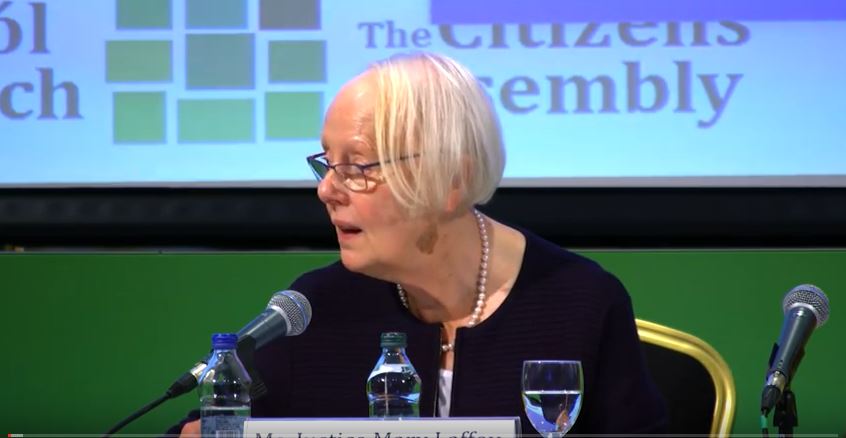
Fianna Fáil TD Eamon Scanlon called for the referendum on the Eighth Amendment to be postponed because “the whole process is compromised” following the revelations that some participants in the Citizens’ Assembly were not recruited randomly. Mr Scanlon said he had raised the issue with the Taoiseach about the exclusion of some counties from the panel. He said two people should have been picked from each county and the 47 others from the 99-member assembly should then have been selected appropriately.
“I genuinely believe this referendum should be postponed, that the whole process is compromised and I would call for a full and immediate audit of the entire Citizens’ Assembly recruitment process over the last 18 months because I think it has been compromised,” the Sligo-Leitrim TD said.
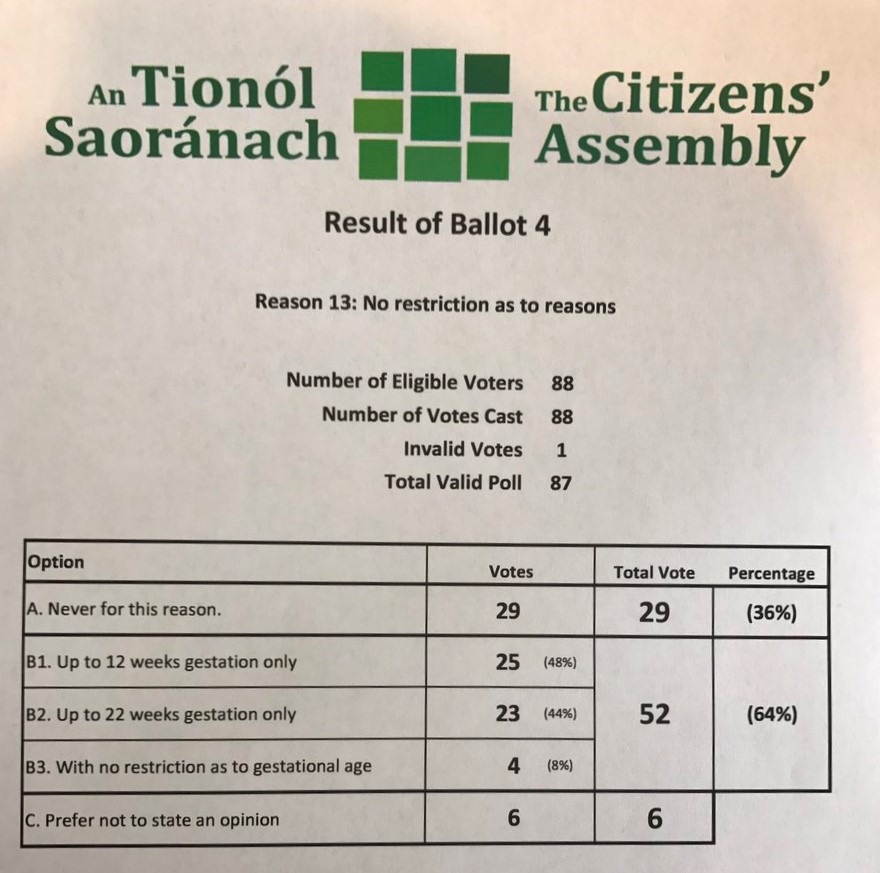
Seven members of the Citizens’ Assembly have been removed from the process after it emerged they were brought on board due to their personal connections to a recruiter rather than being randomly selected. The issue was raised with RED C Research and Marketing, the firm responsible for the recruitment of members, which then conducted an extensive audit. The audit discovered that seven individuals had been contacted by phone rather than being recruited door-to-door, and were identified as potential members through friends and family of the recruiter.
In response, the Pro Life Campaign has called for a full and immediate audit of the recruitment processes of the Citizens’ Assembly. PLC spokesperson Dr. Ruth Cullen said: “These developments are deeply worrying and warrant full and immediate investigation. Given the importance of the topics that the Assembly was charged with deliberating on, there can be no delay in bringing this about.”
She continued: “The latest revelations are not the first time that concerns of this nature have arisen. On the very first day of the Assembly, the Chairperson had to issue a statement when it became public that a pro-choice activist had been selected as a member of the Assembly contrary to the guidelines issued to the recruitment company.”
She concluded: “What has transpired brings the entire Citizen’s Assembly process into serious disrepute.”
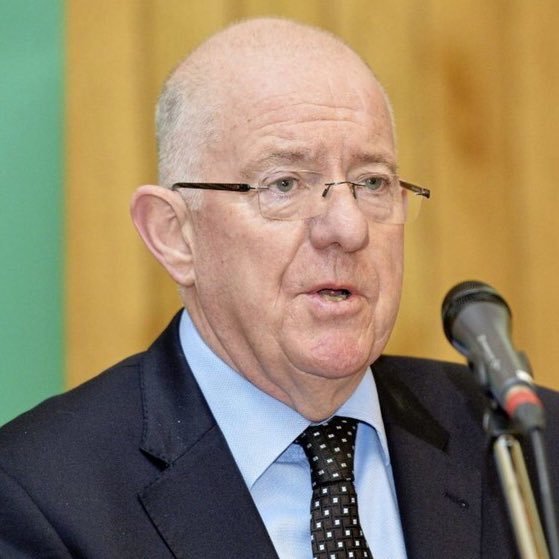
Minister for Justice Charlie Flanagan has rejected criticism of the Government’s decision to set the digital age of consent at 13 years, the minimum possible for the European Union. Other countries such as France and Germany have set it at the maximum allowable of 16. Speaking to the Oireachtas Committee on Children and Youth Affairs, Mr Flanagan said the Government had chosen 13 as the age of digital consent after consulting with experts. The aim was to achieve a balance, given the different levels of maturity among teenagers. “People shouldn’t be getting hung up on age. They should be looking at the protections available and the threats associated with cyberbullying and grooming.”